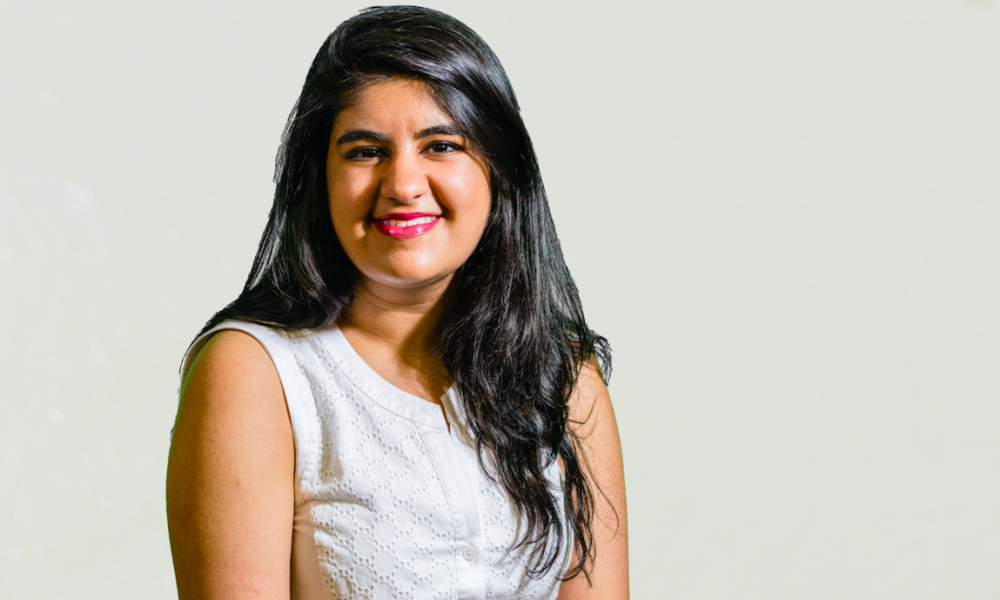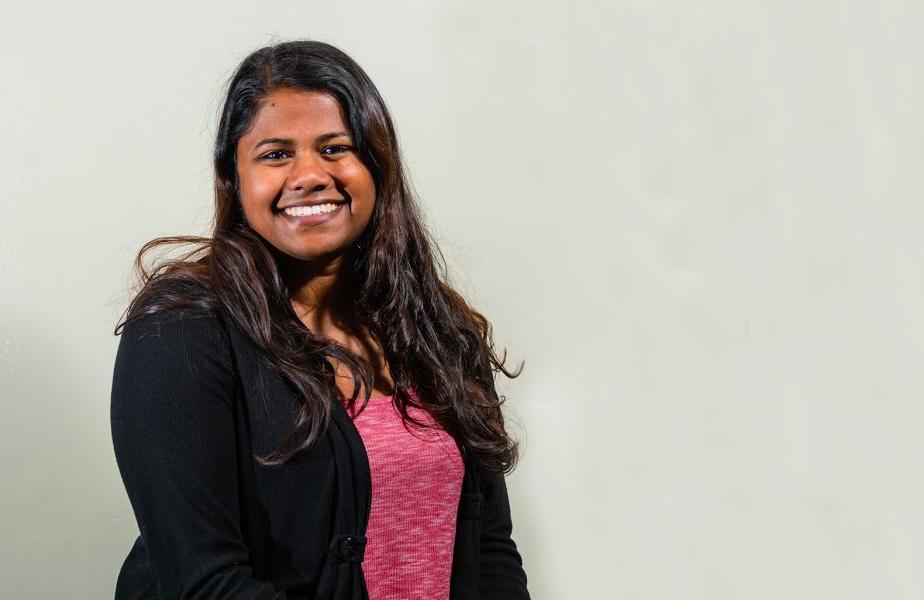When Mishell Ganchala was six years old, she moved from Ecuador to America with her mother and her sister. Despite the language barrier and the initial struggle of finding adequate housing , the 22-year-old is set to graduate college this spring with a major in Health Science. She will be spending the next two years in Burkina Faso, pursuing her lifelong passion of helping the underprivileged.
Q) Why did you decide to join the Peace Corps ?
A) I feel like it was programmed for me to be honest. When you travel, you meet new people and help a community that needs your help in any way possible and that’s how I found out I really like helping people. I went on two mission trips to Nicaragua and Honduras, so that’s my passion. I want to help people.
I went to Nicaragua during my junior year of high school and Honduras three summers ago through Stony Brook. There was an informational for the Peace Corps, and when they explained what they do, like committing two years to the program and being able to choose where to go, I was excited. I’ve always wanted to go to Africa, but I had never heard of Burkina Faso before meeting with the Peace Corps. It’s interesting because it will put me in a situation where I’m going to be uncomfortable. I’ll be learning more about myself.
Q) What would you consider as going out of your comfort zone ?
A) Knowing the language because I like communicating with people. I have to learn French because a lot of people in the community do not speak much French either, so it is going to be hard to express myself.
Q) What are you most excited about doing when you first reach Burkina Faso?
A)My goal is to impact someone’s life. We have a lot of resources living in America and even a simple thing such as having a friend to push you forward is important. I want to push the people and help them grow and get out of their comfort zone. I would especially want to work with young girls because men in that society have a lot more power. I want to be able to go up to those young girls and teach them to stand up for themselves. When I was younger, I had people to look up to and I want to be that person to those young girls.
Q) Who was your role model growing up?
People always say their mom, but for me, that is who I really look up to. She was always so hardworking.She was a single mom;. It was just my sister and I. She came here from Ecuador not knowing the language and the fact that she was able to leave her country, leave her comfort zone, raise her daughters and obtain papers to put us through school, has enabled me to graduate college.
We started out living in a small room with a mattress. It was just the three of us. now, we have a house. This showed me that it’s possible to move up in life and be living better.
We have similar goals and I feel like in a way, I’m living her dream and I always look up to her. She is the person I want to become. She’s made out of steel.
Q) Why did you pick Africa?
A) Initially, I wanted to be in Mongolia or somewhere that was close to Thailand because I had always wanted to go there. My second option was Africa and when I was asked which location in Africa, I said I would be okay with anywhere they sent me. When I got the acceptance letter, I was picked to go to Burkina Faso. At first, I was a little disappointed that it wasn’t Mongolia but I figured that I had always wanted to learn French, and Africa would be a good place to do that.
Q) Do you feel like your childhood experience of moving from Ecuador in search of better opportunities has helped you understand why it is important for little girls in Burkina Faso to do the same? How did your childhood in Ecuador change your understanding of the world?
A) If I had stayed in Ecuador, I probably would not have been the same person I am now. We all go through struggles that make us who we are. If I didn’t come here and didn’t see the struggle of being in a small place with a small mattress, I wouldn’t have been able to understand what it is like to not have a comfortable bed. Even if you go to Ecuador now, you will see girls on the buses selling stuff. They think that they can’t get an education or they don’t have the resources to get an education. They don’t think that they can be somebody because they grew up that way.
Q) Do you have a game plan for convincing the girls that they can achieve more in life?
A) The way I figured myself out was through yoga and that is how I would want to approach them. It would include small things, like, “Oh I can be more flexible now” but I want to tell them that they can do so much more. I want to guide them so that they will be able to make their own decisions in life. I want them to respect their parents’ decisions as well but I also want them to say, “this is what I want to do.”
Q) What would you take away from this experience, two years from now?
A)Thinking about this makes me want to cry. Even if it is just one person whose life who you were able to change in the smallest possible way, that place will always have a part of you.
It would mean the world to me – to have my visions for the community come true.




Comments are closed.